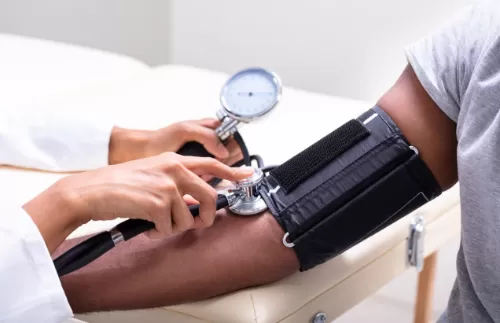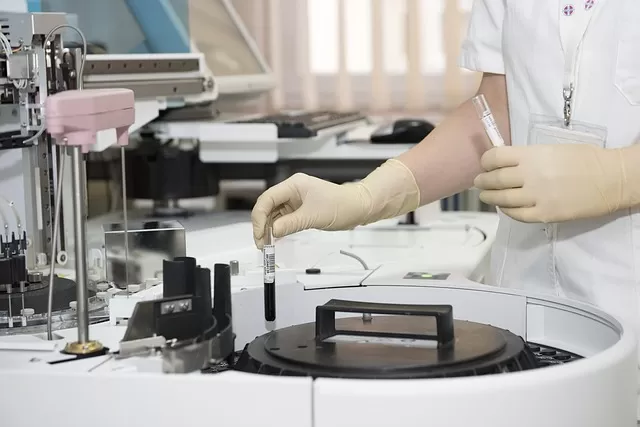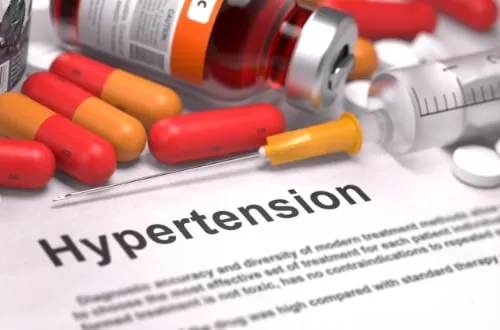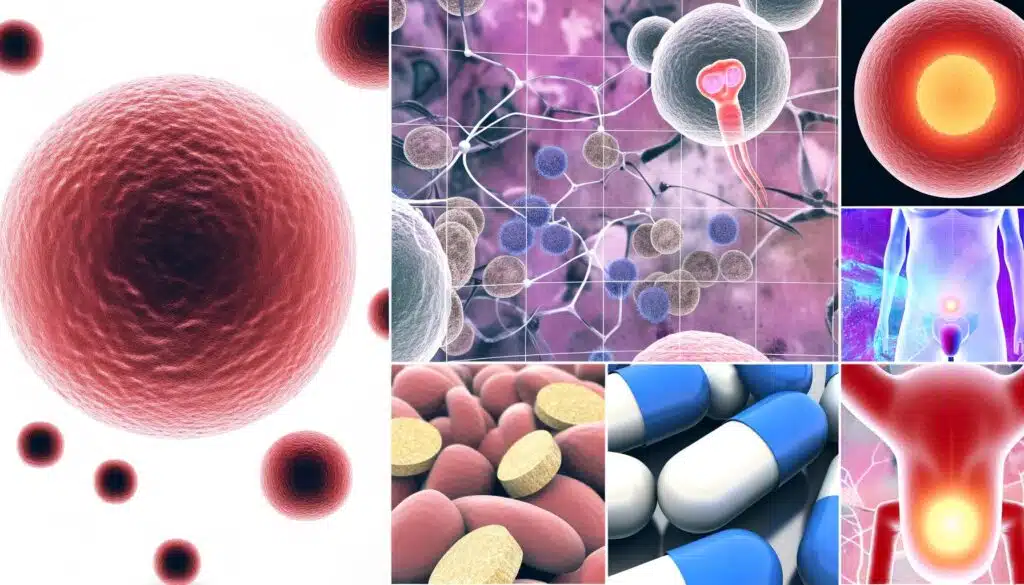Effective Management and Treatment of Hereditary Angioedema (HAE)
Hereditary Angioedema (HAE) is a rare genetic disorder that causes episodes of severe swelling, typically in the hands, feet, face, and airway. Managing HAE effectively requires a comprehensive approach, from accurate diagnosis to ongoing treatment. In this guide, we will explore the best ways to manage and treat hereditary angioedema, including advanced therapies, top-rated treatment centers, and expert specialists.

Effective Management of Hereditary Angioedema Symptoms
Managing HAE symptoms is crucial for improving quality of life and preventing serious complications. Common symptoms include sudden, painful swelling, often without warning. Regular treatment, avoidance of triggers, and quick access to emergency care are key to managing these symptoms. Medications like C1 inhibitor replacement therapy can help prevent attacks or reduce their severity, while prophylactic treatments aim to reduce the frequency of episodes.
Top-Rated Hereditary Angioedema Treatment Centers
Seeking treatment at a top-rated hereditary angioedema treatment center can make all the difference in the management of this condition. These centers are equipped with specialists who understand the complexities of HAE and offer comprehensive care plans. They provide access to the latest therapies, educational resources, and expert medical advice tailored to each patient’s needs. By choosing a trusted treatment center, patients can receive the best care possible and improve their long-term outcomes.
Advanced C1 Inhibitor Therapy for HAE
C1 inhibitor therapy is an advanced treatment option for hereditary angioedema (HAE) that has shown significant effectiveness in preventing and treating attacks. This therapy works by replacing the deficient or malfunctioning C1 inhibitor protein in the body, which helps regulate the immune response and reduce swelling. C1 inhibitor therapy can be administered intravenously or subcutaneously, and patients may be prescribed it on a regular basis or during an acute attack. It is one of the most advanced and widely used treatments for managing HAE symptoms.
Understanding Hereditary Angioedema Causes
Understanding the causes of hereditary angioedema is crucial for both diagnosis and treatment. HAE is caused by mutations in the gene responsible for producing the C1 inhibitor protein. These mutations lead to either low levels or dysfunction of this protein, which in turn causes uncontrolled inflammation and swelling. HAE is inherited in an autosomal dominant pattern, meaning that individuals with a parent who has the condition have a 50% chance of inheriting it. Early diagnosis is essential for effective treatment and management.
Comprehensive Guide to Hereditary Angioedema Diagnosis
Diagnosing hereditary angioedema can be challenging, as its symptoms often mimic those of other conditions. A comprehensive diagnosis involves reviewing the patient’s medical history, family history, and conducting specialized tests such as blood tests to measure C1 inhibitor levels, complement protein activity, and genetic testing. Accurate diagnosis is critical to determining the right treatment plan, as HAE requires a different approach than other types of swelling disorders.
Best Hereditary Angioedema Specialists Near Me
Finding the best hereditary angioedema specialists near you is essential for receiving personalized and expert care. These specialists are typically immunologists or allergists with experience in diagnosing and treating rare conditions like HAE. They can provide tailored treatment plans, advise on preventive measures, and offer support for managing long-term care. Online directories and patient reviews can help you find top-rated HAE specialists who are experienced in managing the disorder.
Living with hereditary angioedema doesn’t have to mean a life of uncertainty. With the right diagnosis, access to advanced treatments like C1 inhibitor therapy, and care from specialists at leading treatment centers, individuals with HAE can manage their condition effectively and enjoy a better quality of life. Start by finding the best resources and specialists in your area today to take control of your health and well-being.

Choosing the Right Medical Program in 2025

Your Complete Guide to Convenient and Comprehensive Physical Exams

Natural Enhancement Showdown: Vampire Breast Lift or Surgical Mastopexy

Discover the World on Your Plate: Why Imported Food Is America’s New Obsession

Top 5 Signs You Need Dental Replacement 3 Will Shock You

5 Key Factors to Choose the Best Senior Living Community in 2025

Break Free From Darkness Quick Tips To Overcome Depression







